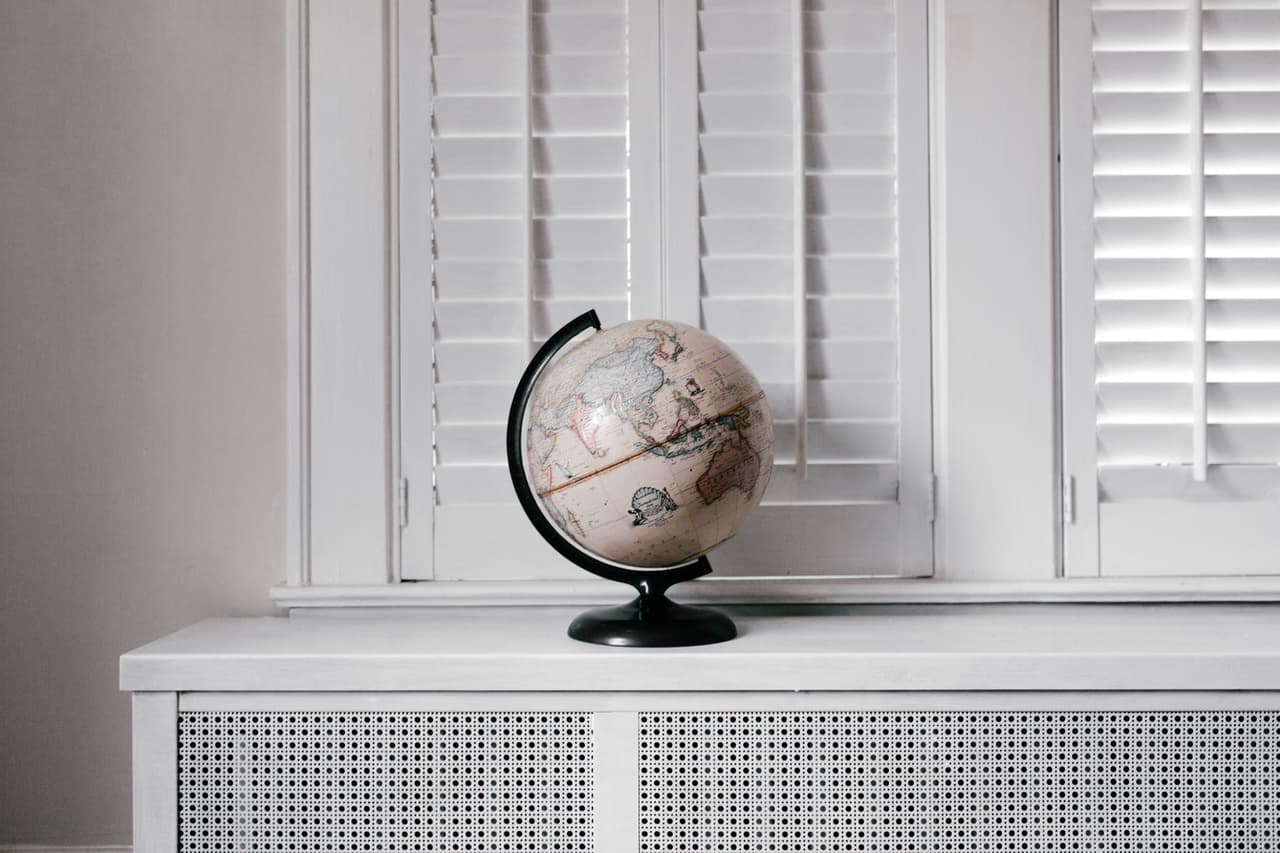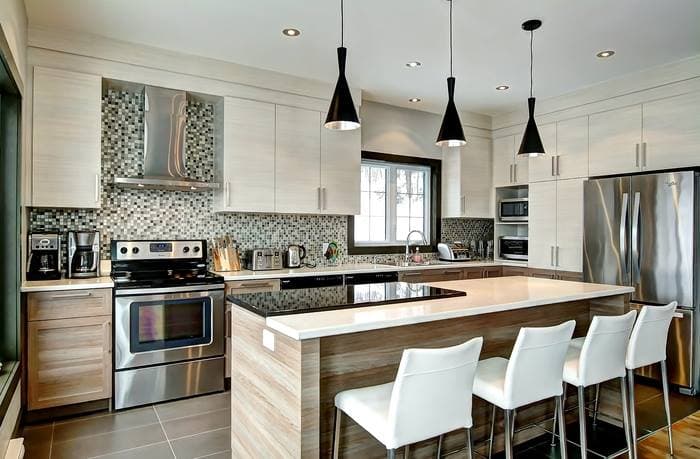
Radiators are in place to keep the rooms of your home cozy and comfortable. Of course, it can’t be denied that some homeowners may find them to be an eyesore. For this reason, there have been many ways devised to camouflage, cover up or altogether hide the radiator.
If your radiator happens to be a constant point of discussion and you’re looking to give it a makeover, why not consider throwing a fresh coat of paint on it? If some fear that applying a coat of paint could affect the performance of the radiator, what about it really?
Does painting a radiator affect his performance?

Source: Unsplash
How does the radiator work?
Within the realm of home renovations, there are plenty of conversations about the radiator and its efficiency. This is especially true when one is considering painting. many homeowners wonder if it will affect the performance of a radiator. But, for this information to come to light, it’s important to understand how a radiator actually works.
The radiator itself only counts for a small percentage of the heat that is distributed around the room. The rest of the heat is distributed by convection, which essentially means that the radiator warms the surrounding air and as this hot air rises, cool air is drawn towards the radiator. Therefore, the convection process works to distribute hot air around the room.
So, does paint affect a radiator's efficiency?
Now that we understand a bit more about how radiators work, we can begin to assume that while painting might affect the early stages of a radiator heating up, it likely does not affect its overall efficiency. As you may have guessed, it’s more important that air be able to move freely around the radiator, and thus, leaving ample negative space is key to how well it performs. For this reason, paint is a much better solution than trying to cover up your radiator with curtains, a decorative blanket or anything that may keep the air from moving freely around.
However, if you plan on putting multiple coats of paint on the radiator, it may begin to act as insulation. In this case, it could definitely affect its efficiency. This is because multiple coats will trap the heat close to the radiator rather than allowing it to makes its way into the air and complete the convection process.
Does paint type or colour matter?

Source: Unsplash
It is crucial to mention that paint falls into two categories. First, there are paints which consist of small flakes of metal like aluminum and bronze. These types of paints are commonly used to paint radiators, as they produce a metallic look and are popular in homes with industrial or modern decors.
Second, there are white and coloured paints. These paints consist of oxides and other compounds like zinc and are classified as non-metallic paints. If you choose to coat your radiator with metallic paint, it is likely to emit less heat than one coated with non-metallic paint. Although this may be the case, a radiator painted with metallic paint will not require more energy than one painted with non-metallic paint.
If possible, look for a high-heat enamel paint, which will be your best bet if you’re looking for a long lasting paint that won’t flake or peel off. Also, using spray paint will make the application process much easier, but of course, a regular brush-on paint is a perfect possibility.
Another point worth mentioning is that painting with a dark colour will allow your radiator to conduct heat better than painting it with a light colour. Lastly, if your radiator has been previously painted, make sure to strip the old paint before adding a new coat.
Get 3 renovation quotes for your radiator painting project
RenoQuotes.com will put you in contact with 3 reliable contractors for your radiator painting project. Fill in the form on our homepage (it only takes a few minutes) and you will receive quotes from trusted professionals.
Dial 1-844 828-1588 to speak with one of our customer service representatives.
Looking for something else?
Related articles
The latest industry news, interviews, technologies, and resources.

Editorial Team
•08 Nov 2023
Recessed lighting is a great feature and acts as a way to enhance any space by introducing more light. In fact, one of the reasons it is such a popular way to illuminate parts of your home is thanks to the way it can make small spaces feel bigger.

Editorial Team
•08 Nov 2023
Have you noticed white spots on your brick cladding or basement walls? If so, it's probably efflorescence. Never heard of it? Check out the following to find out what’s causing it and how to fix it.

Editorial Team
•08 Jan 2025
Modern home interiors and exteriors are at the forefront of the ever-evolving architectural design landscape. Today, siding is one aspect of your property that caters to its aesthetics. Mixing textures and styles, using eco-friendly siding materials, or finding creative ways to balance style and functionality redefine the crux of curb appeal.

Editorial Team
•04 Feb 2025
Everyone dreams of having a stunning, efficient, and well-designed kitchen. Given that we find ourselves in this part of the house more often than we'd like to admit throughout the day, comfort is paramount. And, kitchens are one of the first areas to undergo remodelling by homeowners.

Léa Plourde-Archer
•08 Apr 2024
TPO and EPDM roofing membranes are used to cover flat rooftops. These roof covering materials are very durable and have grown in popularity in the past few years in Canada. If you want to learn more about TPO and EPDM roofing, RenoQuotes.com has prepared a global overview of these materials: